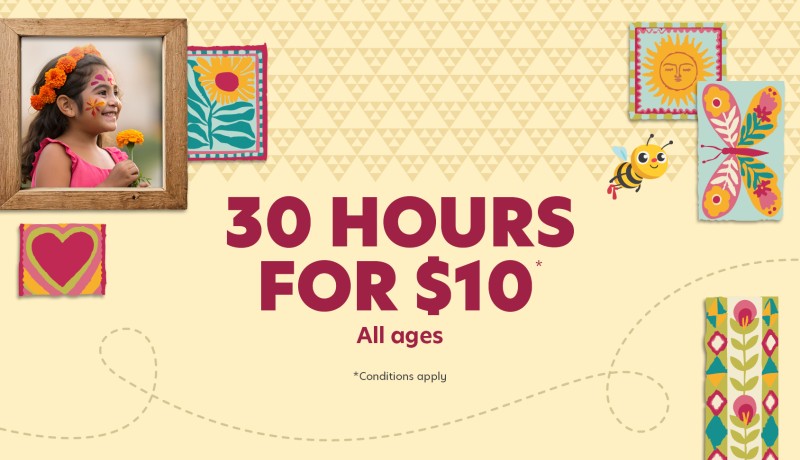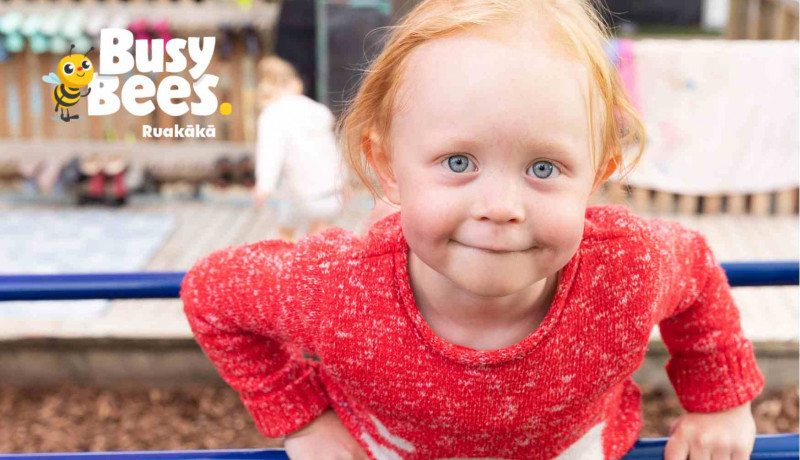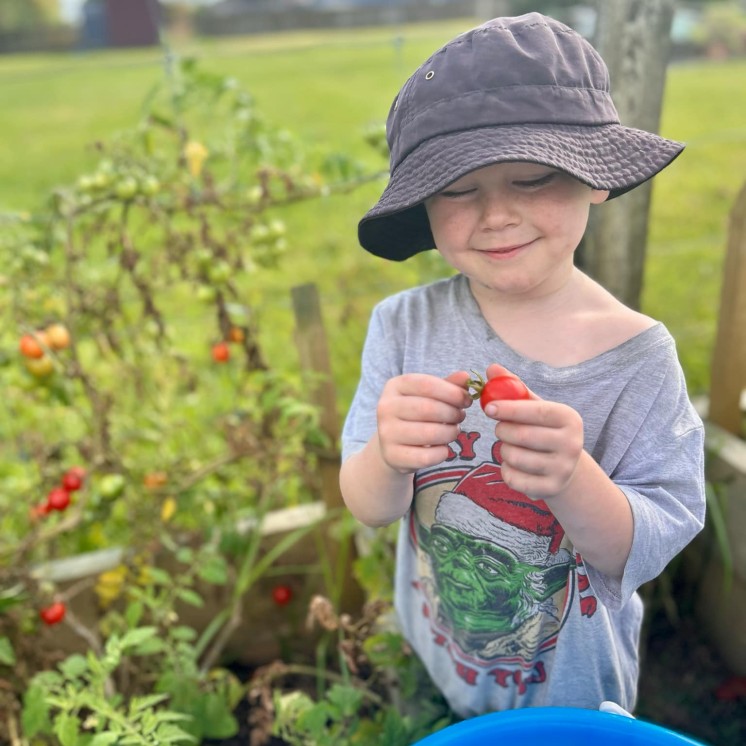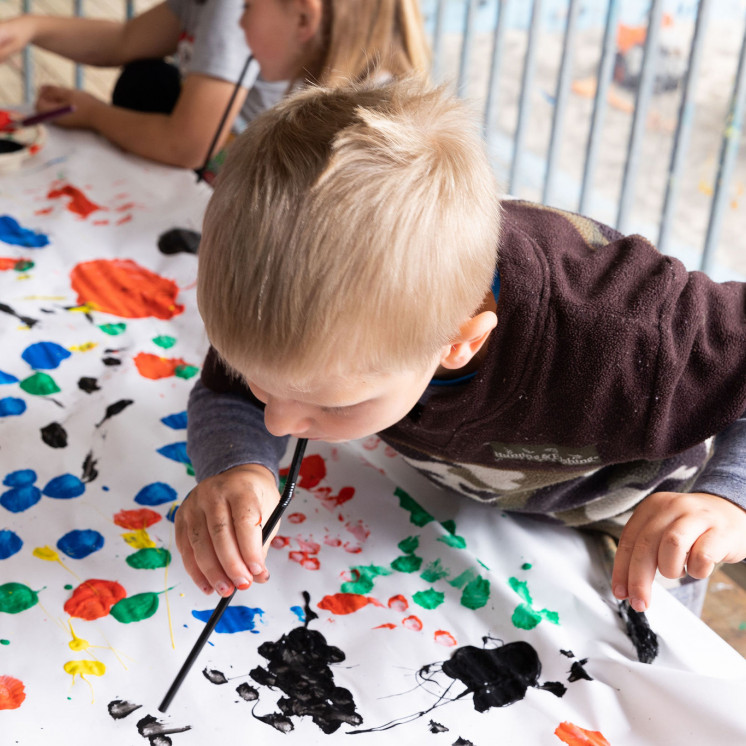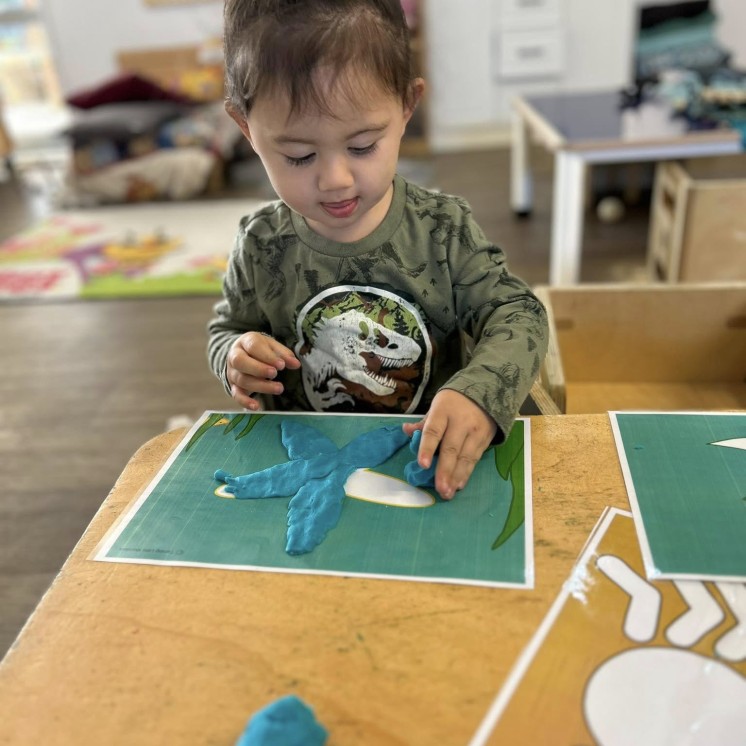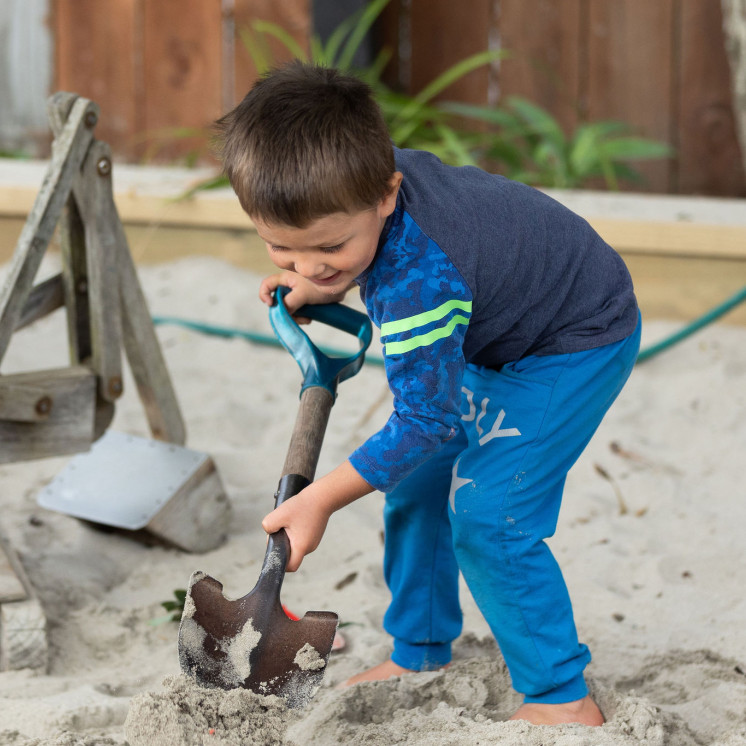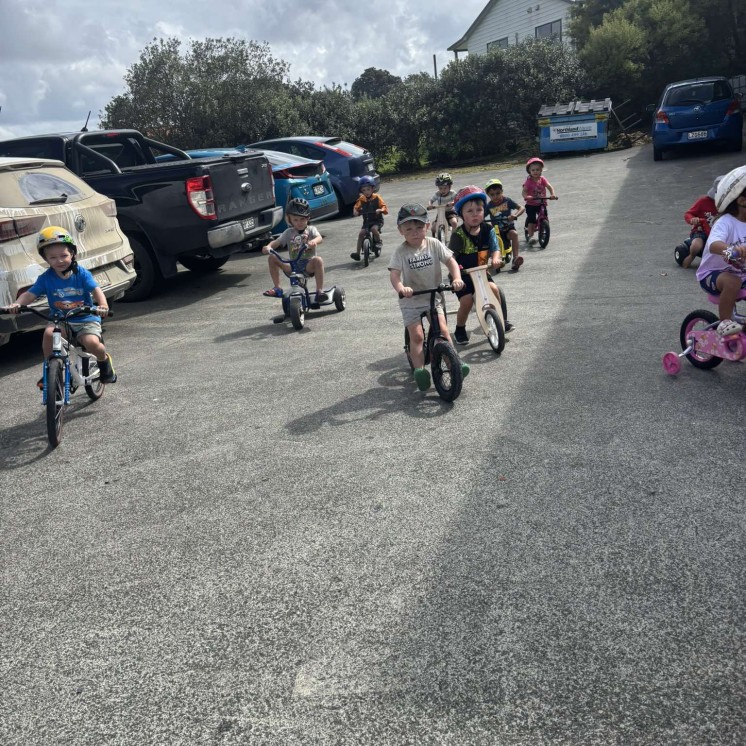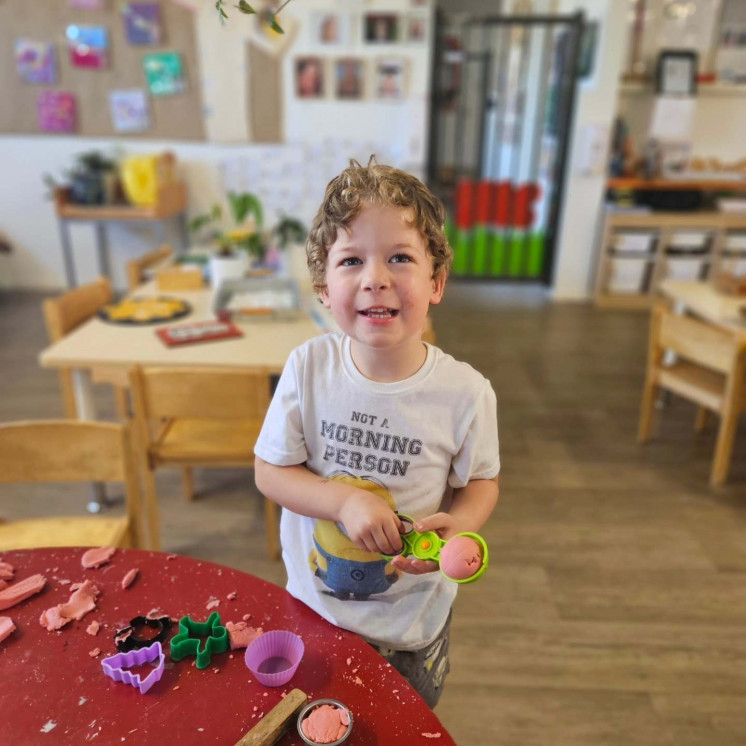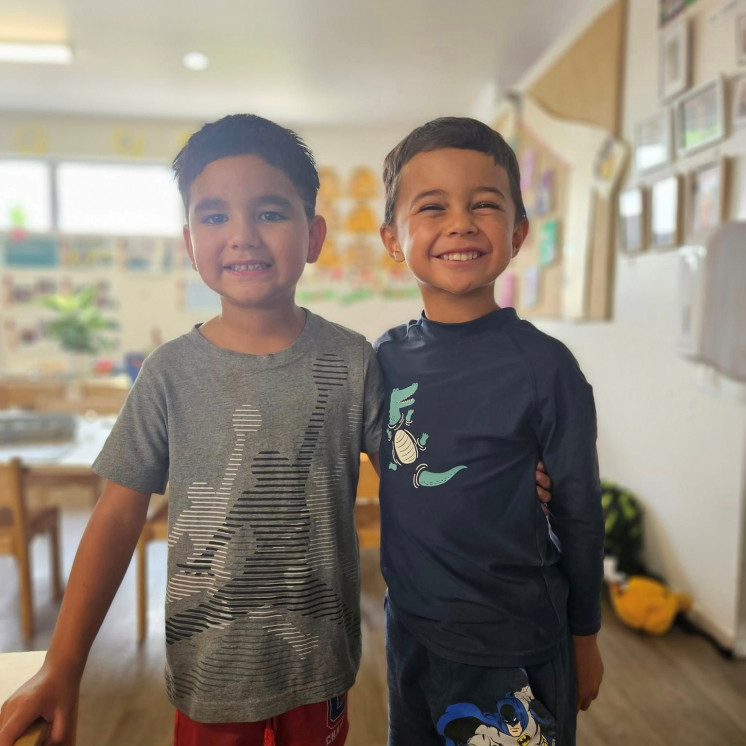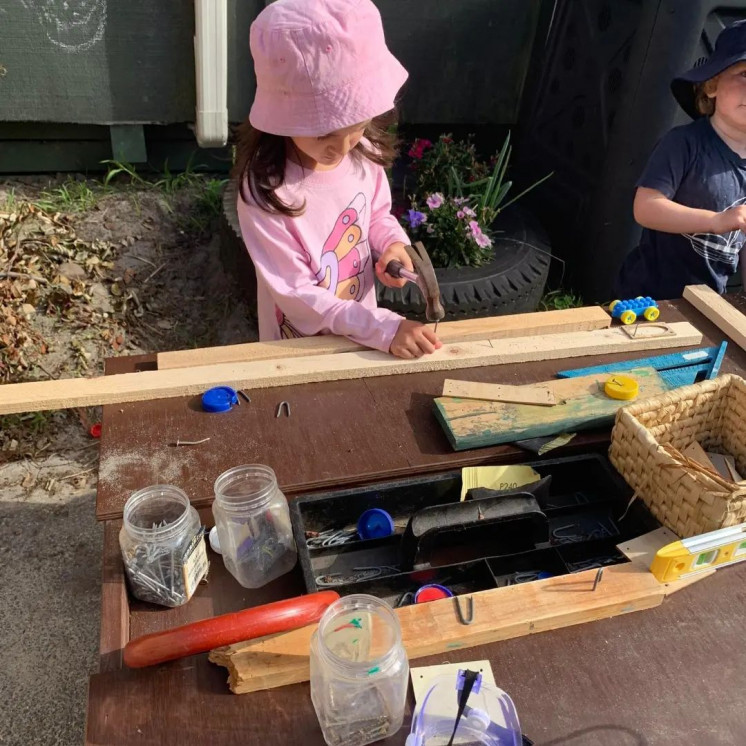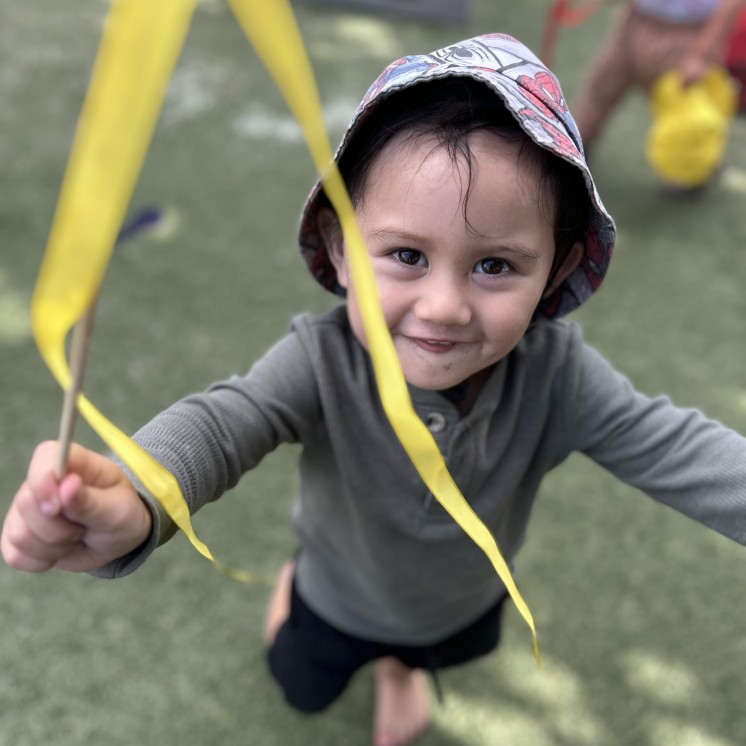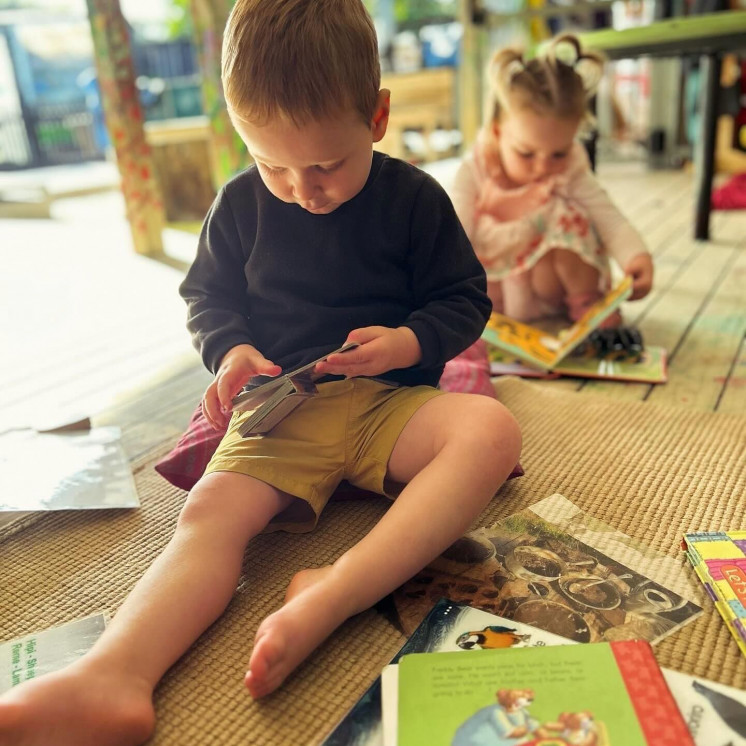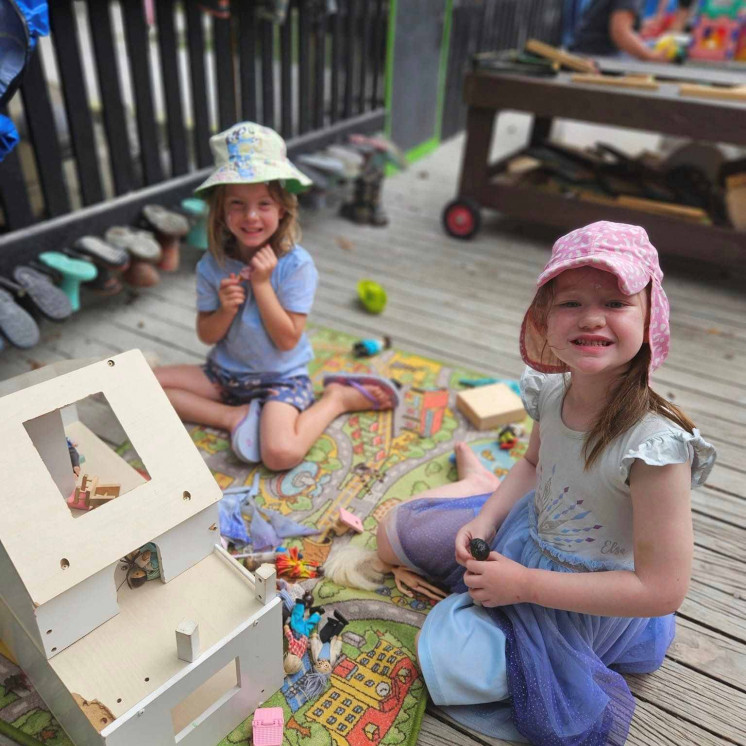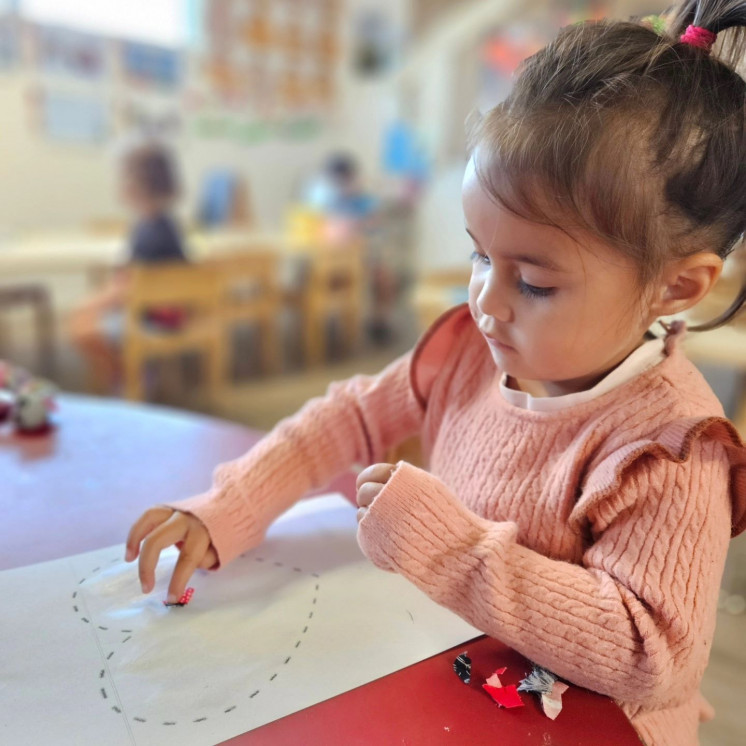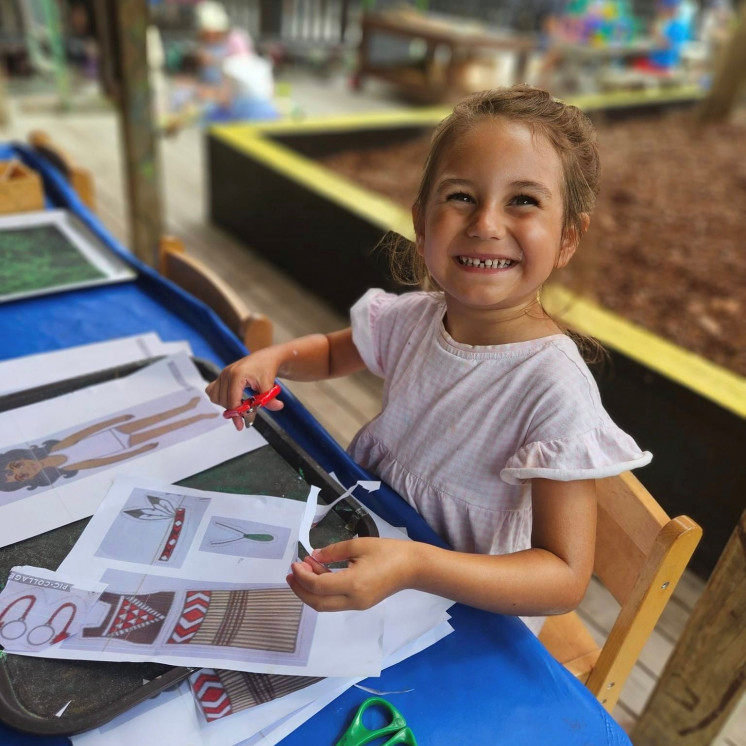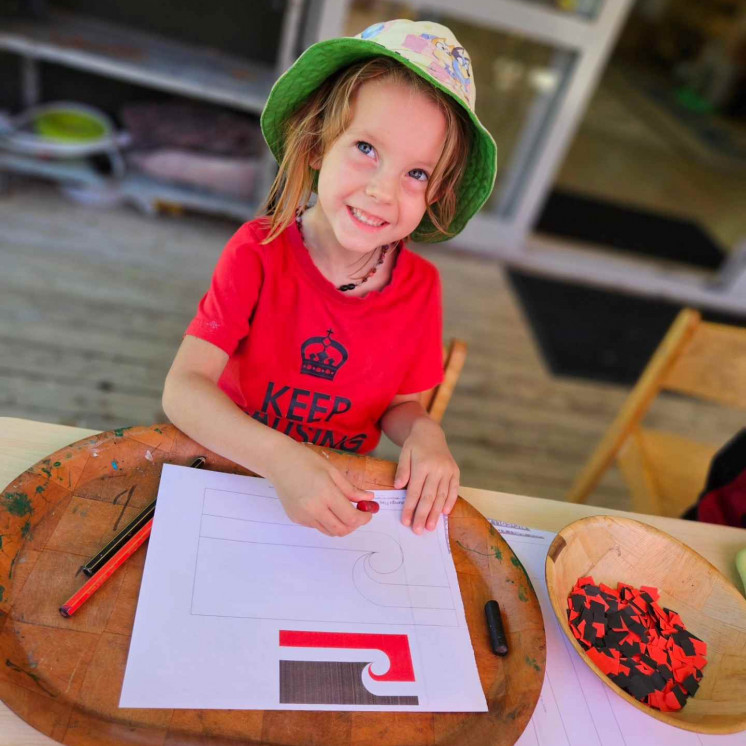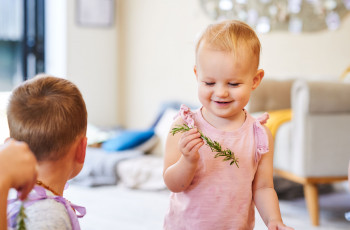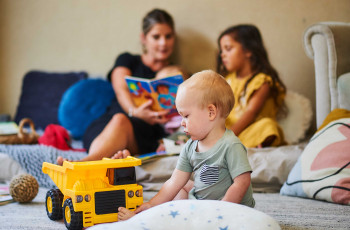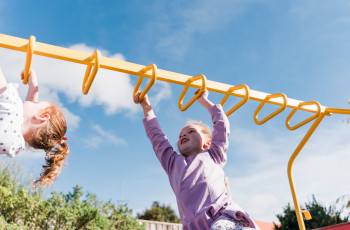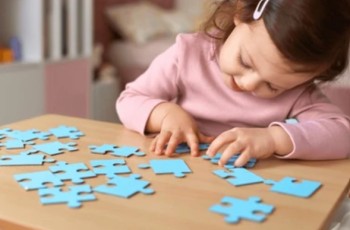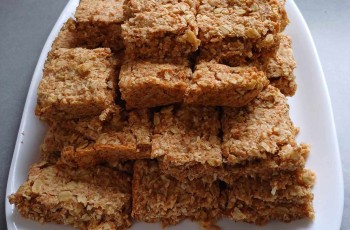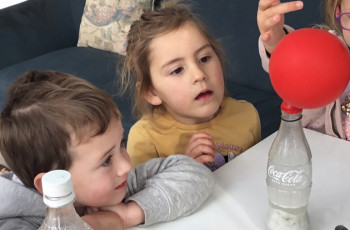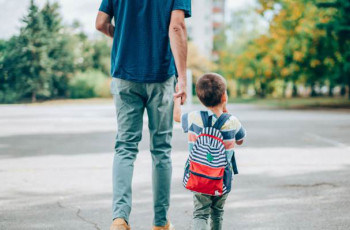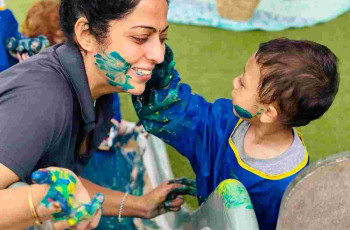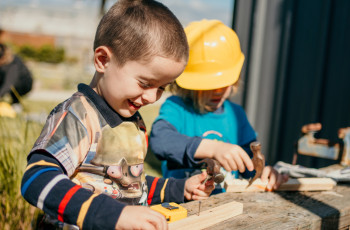
Hit enter to search or ESC to close
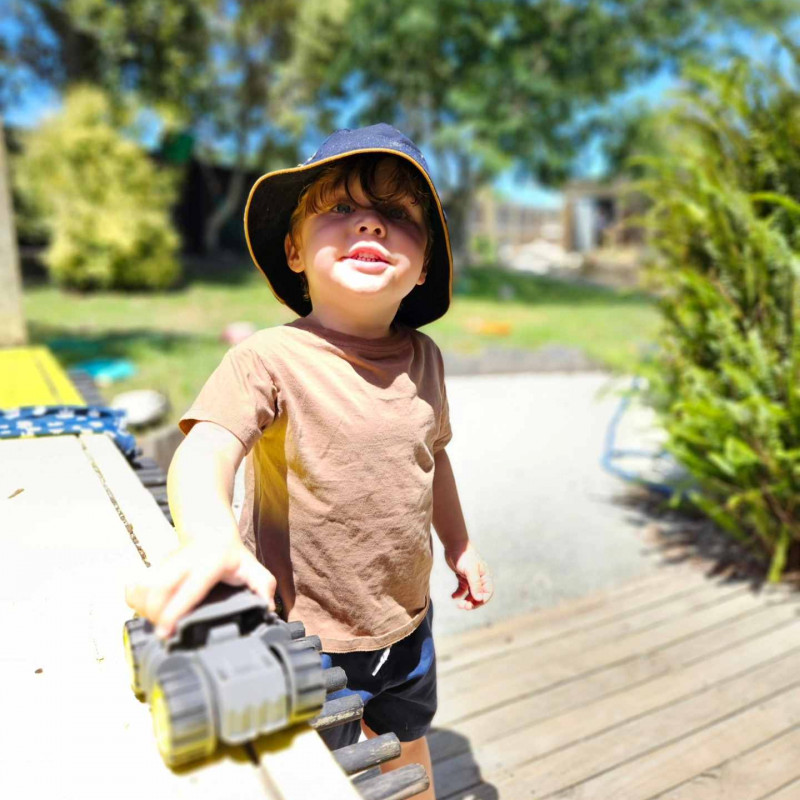
Tamariki, whānau and kaiako are welcomed into an inclusive, warm, fun respectful and supportive environment that view children as capable, confident learners. Our environment is made up of 2 separate areas our Small poppies and Tall poppies! Come in today to visit our chickens, check out our orchard, or even see how our community vegetable garden is growing.
Our Rooms
Small Poppies (0-3 years) - Our environment is based on building loving and trusting bonds between infants/toddlers and teachers, who structure the day according to individual needs. Teachers work closely with families to understand infant cues and develop a routine that supports children’s natural rhythms. Play is open-ended and full of fun as we embrace the unknown of how children explore and experiment with their ideas and theories of how the world around them works.
Tall Poppies (2-6 years) - Our Kaiako observe tamariki closely to identify children’s interests and based on parent collaboration learning provocations are set up for tamariki, which are challenging, provide curiosity and active exploration. Children’s self-help skills are very important at this stage and children are supported to go to the toilet on their own, wash their hands, dress themselves, and serve up their own kai. We value that each child learns at their own pace and when they are ready, and that play is children’s work.
Dietitian Designed Menus
We are extremely proud that we have received a Whānau Tohu Manawa Ora | Healthy Heart Award from the Heart Foundation for the amazing things we do here to promote healthy food and physical activity.
Our inhouse cook provides freshly made meals for children each day using our Nourish menus and recipes, based on the New Zealand Heart Foundation Tohu Manawa Ora | Healthy Heart Award for Early Learning Centres. We believe that through nourishing food, children are fueled to thrive physically and mentally, whilst enjoying the benefits of coming together and connecting as a group at mealtimes.
Teachers do regular baking with the children, which provides opportunities for them to engage and learn a range of food preparations skills and fine motor movements such as pouring, sifting, spooning. It is a great hands-on sensory experience for children to develop independence through self-help skills, practice simple maths as they measure and count quantities.
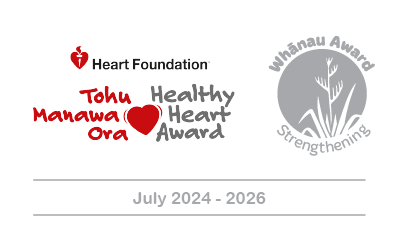
Fostering a Culture of Sustainability
Engaging children in activities like gardening, composting, and understanding the lifecycle of plants not only promotes environmental awareness but also inspires important life skills and values.
At Busy Bees Ruakaka we incorporate the "playground to plate" experience as a way to connect children with the food they eat and foster a deeper appreciation for where it comes from. By involving tamariki in the process of growing and harvesting produce, kaiako not only teach children about sustainability but also encouraging healthy eating habits.
Composting is another valuable practice that teaches children about the natural cycle of recycling organic matter back into the soil.
Transition to School
Our pathways to kura called ‘Extension Programme’ is dedicated to further supporting our akoranga in their readiness for to school. We work to make some aspects of school more familiar and practice the values seen within our school communities. Through consistent relationships and communication with our local kura, we can ensure our Extension Programm curriculum is current and responsive to the needs, and stages of our learners. Predominant areas that we support are; self-help and regulation skills, early mathematics and literacy, name recognition and fine/ gross motor development.
We are committed to follow the aspirations of the New Zealand National ECE Curiculum, Te Whāriki, “For children to grow up as competent and confident learners and communicators, healthy in mind, body and spirit, secure in their sense of belonging and in the knowledge that they make a valued contribution to society”.
Te Whāriki envisages kaiako (teachers) in early learning settings working in partnership with parents, whānau and community to realise this vision. The expectation is that, in their early years, children will experience a curriculum that empowers them as lifelong learners.
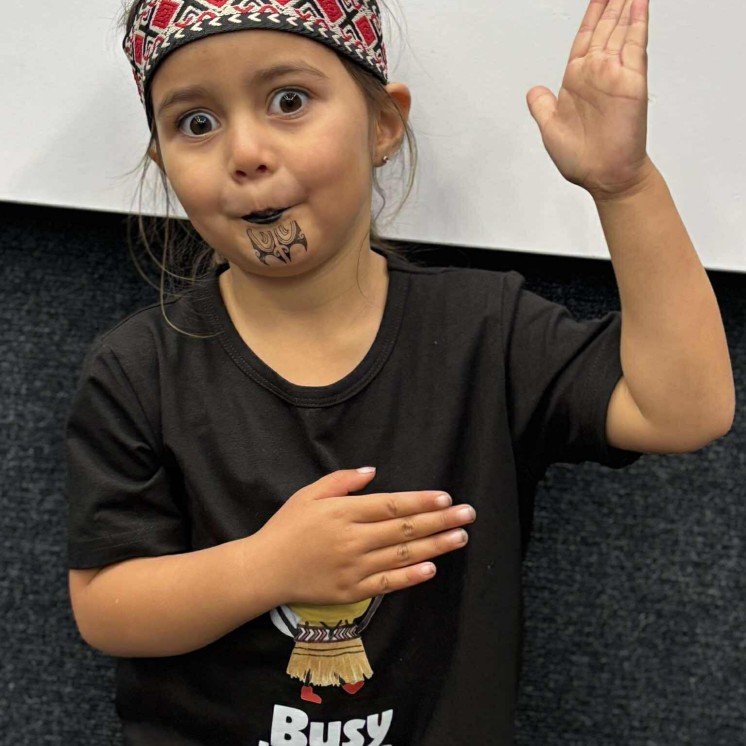
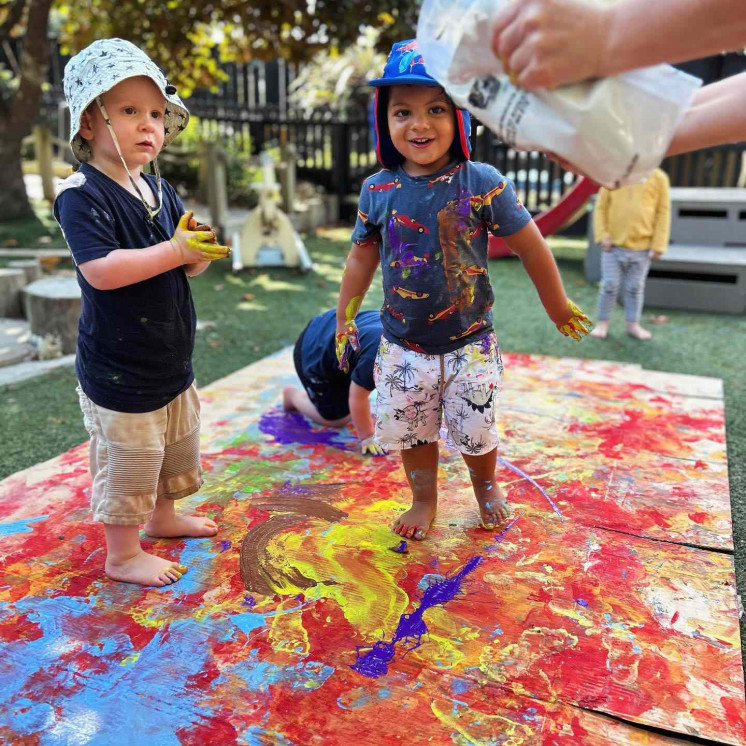
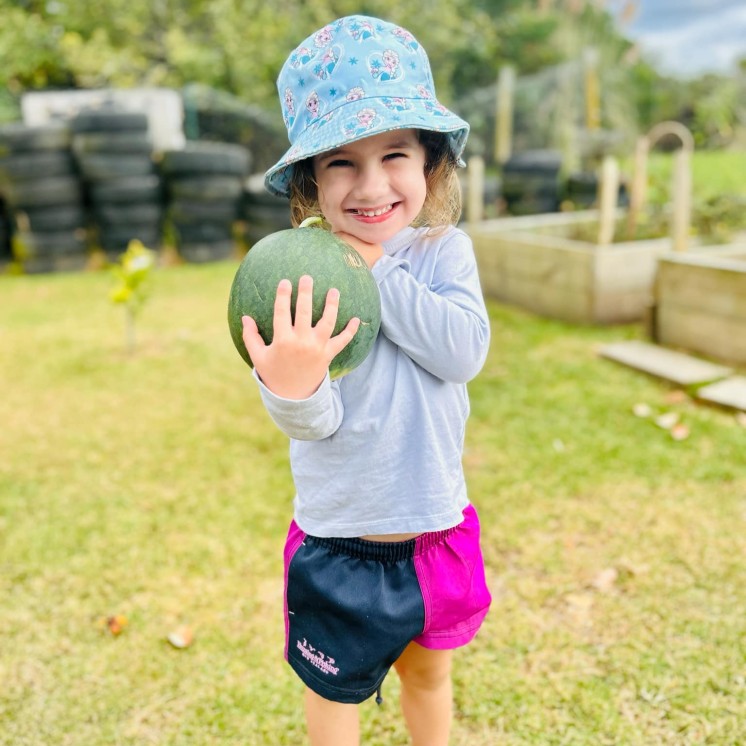
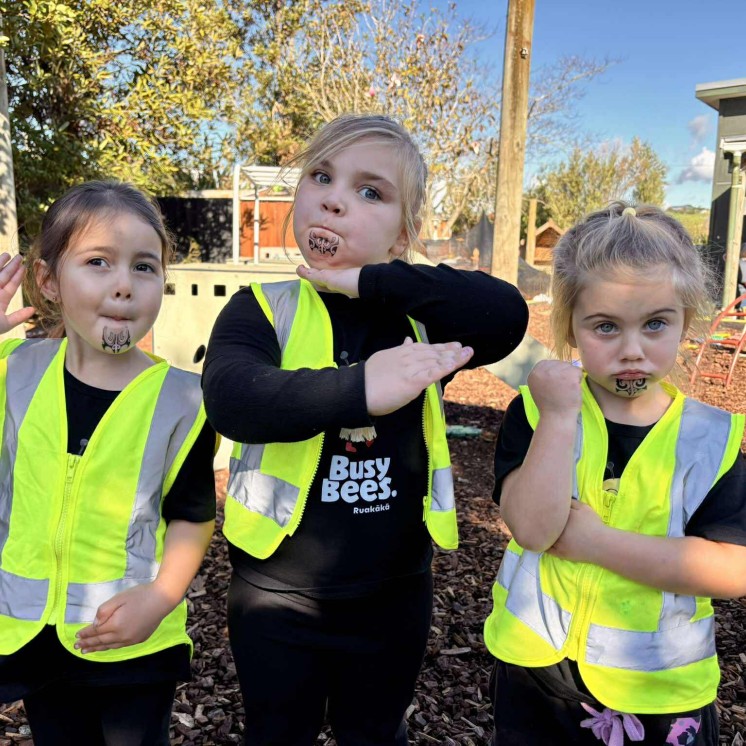
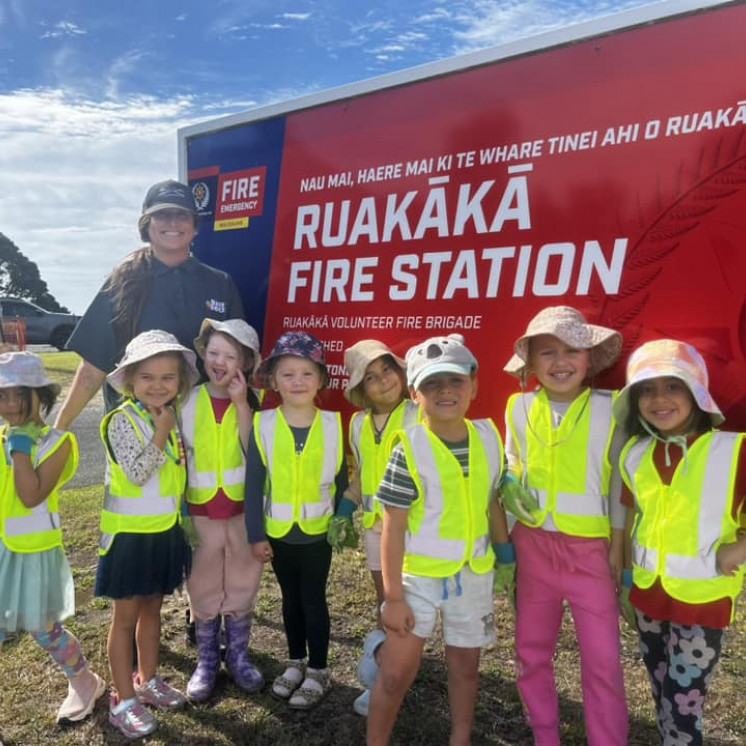
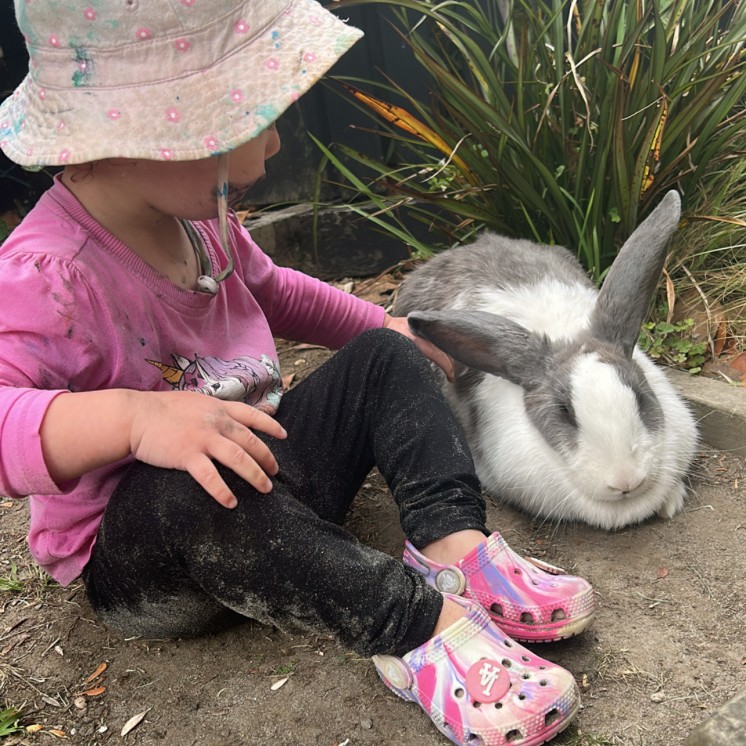
The latest buzz
Show allTestimonials






